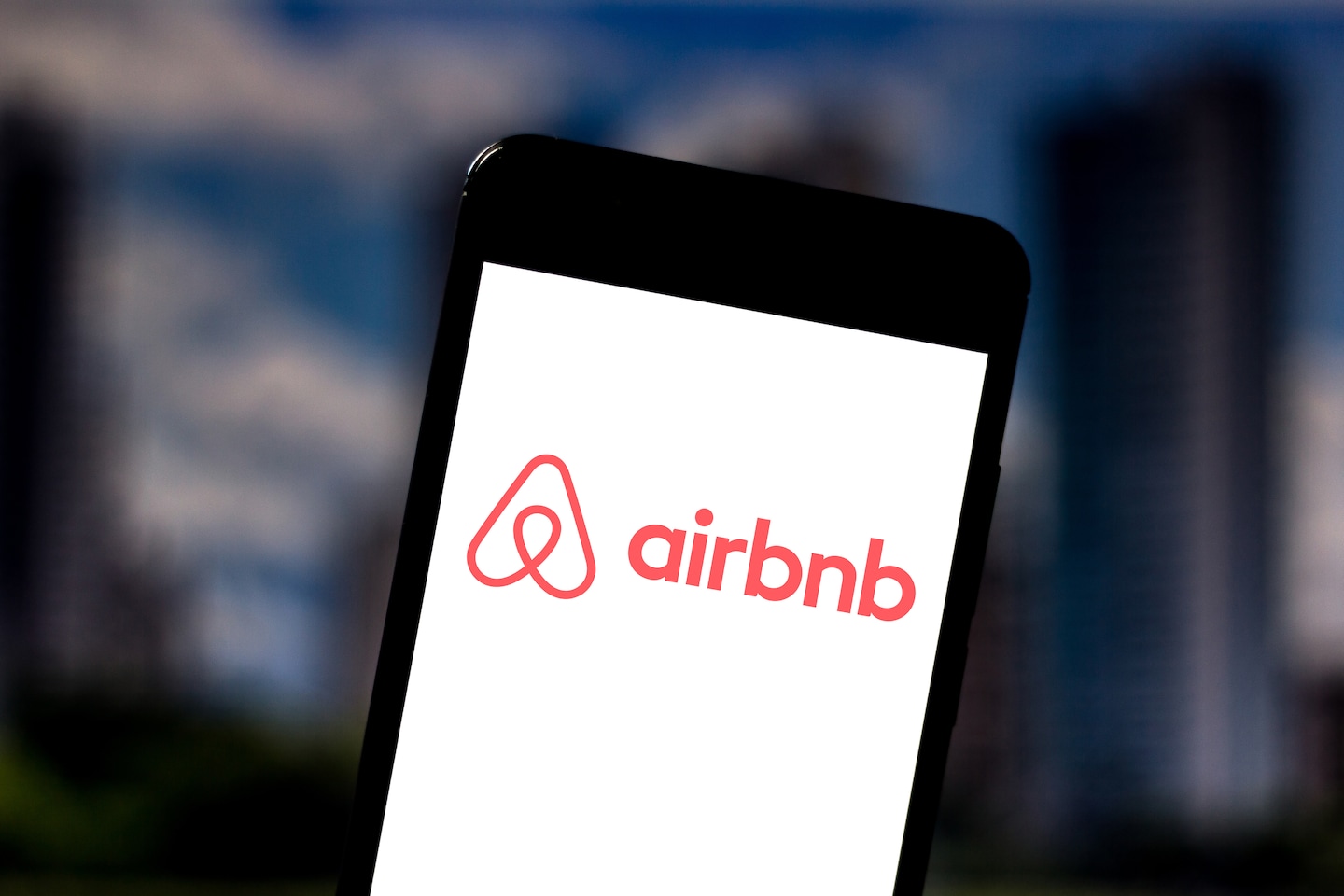Airbnb has faced backlash in the days since a TikTok video about the listing from Wynton Yates, an entertainment and civil rights attorney in New Orleans, went viral.
“The history of slavery in this country is constantly denied,” Yates said in the Friday video, “and now it’s being mocked by being turned into a luxurious vacation spot.” Yates, who is Black, added, “This is not okay in the least bit.”
Now, Airbnb has apologized and noted Monday that it is “removing listings that are known to include former slave quarters in the United States.”
“Properties that formerly housed the enslaved have no place on Airbnb,” Airbnb spokesman Ben Breit said in a statement. “We apologize for any trauma or grief created by the presence of this listing, and others like it, and that we did not act sooner to address this issue.”
Brad Hauser, who took over ownership of the Greenville property last month, said in a statement to The Washington Post that even though the building had been a doctor’s office and not a quarters for enslaved people, it was “the previous owner’s decision to market the building as the place where slaves once slept.” Hauser, who is White, said he “strongly opposed” the previous owner’s decision and vowed to provide guests with a “historically accurate portrayal” of life at the Belmont Plantation.
“I am not interested in making money off slavery,” said Hauser, 52, who apologized for the listing “insulting African Americans whose ancestors were slaves.”
It’s unclear how many Airbnb listings feature properties in the United States that once housed some of the millions of enslaved Black people. Several properties in Georgia and Louisiana that were billed as quarters for enslaved people have since been removed from Airbnb’s site, according to Mic.
Yates, 34, told The Post on Tuesday that he was first made aware of the Greenville listing in a group text message. Yates said his brother’s friend deél was looking for rental properties in Greenville, about 100 miles northwest of Columbia, SC, and found that the Panther Burn Cottage was the only listing available.
So when Yates’s brother shared the listing in the family group text Friday, the New Orleans attorney was floored by it and had the same thought: “This is crazy.”
“To see weddings on plantations and events on plantations and suburbs and subdivisions named after plantations and plantation owners is something I’ve been grossed out by every day of my life. But this was a new level of disrespect for what slavery was,” Yates said. “To see the space where enslaved peoples lived being renovated into a luxurious space and rented out just took my breath away.”
Screenshots of the listing show the cabin is next to a 9,000-square-foot mansion that has nine bedrooms and eight bathrooms. Built in 1857, the luxury structure is “the last remaining antebellum mansion standing” in the Mississippi Delta, according to the listing.
Then, the listing references the history surrounding the much smaller cottage.
“This particular structure, the Panther Burn Cabin, is an 1830s slave cabin from the extant Panther Burn Plantation to the south of Belmont,” the listing reads. “It has also been used as a tenant sharecroppers cabin and a medical office for local farmers and their families to visit the plantation doctor.”
The previous owner noted in the listing that the cabin was moved to the Belmont Plantation in 2017 and “meticulously restored,” while keeping some of the cypress boards used in the original built in the 1830s. The Panther Burn Cottage was advertised on the Airbnb listing as “the last surviving structure from the fabled Panther Burn Plantation.”
Despite the history of enslaved people living in the cabin, Yates pointed out in his TikTok video how it didn’t detect guests who stayed there from leaving glowing reviews of the “memorable” listing.
“Enjoyed everything about our stay,” one woman commented in July 2021.
“We stayed in the cabin and it was historic but elegant,” another wrote last October.
“What a delightful place to step into history, Southern hospitality, and stay a night or two!” one guest said in March.
The contrast between the Panther Burn Cottage housing about 80 enslaved Black people in the 1800s and White people today using it as a cute, luxury vacation spot is “mind-blowing,” Yates said.
“It was built by enslaved people and lived in by enslaved people where they died from being overworked, infectious diseases, hunger and heartbreak. They died in those spaces,” Yates told The Post. “It wasn’t a comfortable situation.”
After Yates’s TikTok video on the “slave cabin” was viewed more than 2.6 million times, Airbnb said it was not only removing all listings promoted as former quarters for enslaved people but also “working with experts to develop new policies that address other properties associated with slavery.”
Hauser told The Post that when he initially inquired about the building behind Belmont, the previous owner told him it was not a cabin for enslaved people and was not being advertised as such. He said he was “misled” about the cabin, and noted how Airbnb and Booking.com had suspended advertising contracts with the Belmont “pending further investigation.”
“I intend to do all I can to right a terrible wrong and, hopefully, regain advertising on Airbnb so The Belmont can contribute to the most urgent demand for truth telling about the history of the not only the South but the entire nation,” Hauser said in a statement.
Yates said he doesn’t know whether Airbnb’s apology will amount to situations like the Panther Burn Cottage being avoided in the future. When asked what he would tell property owners with buildings that once housed enslaved Black people, Yates had a clear message: “Stop romanticizing the experience of slavery.”
“Because that’s exactly what this is,” he said. “This is profiting off of slavery.”
